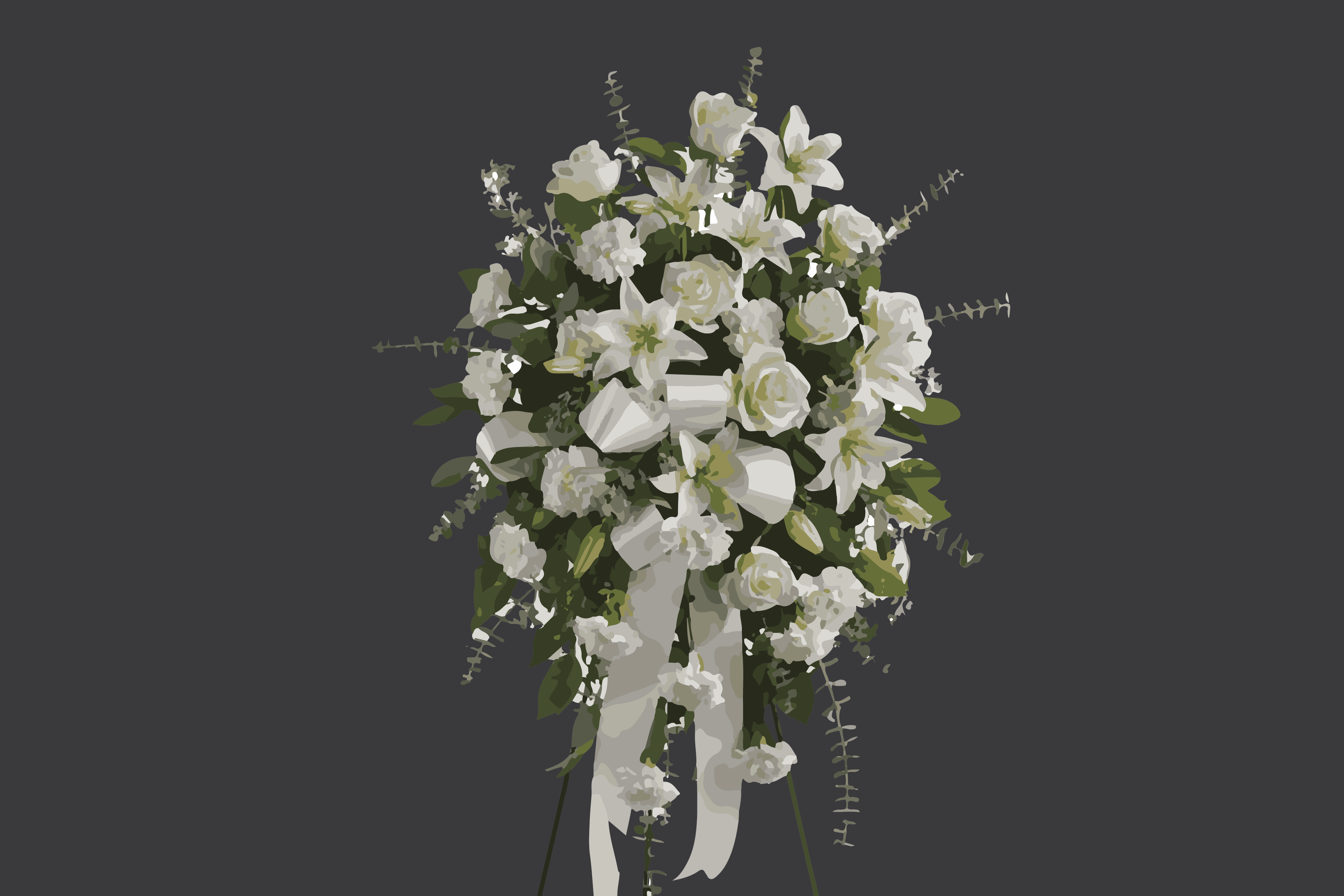
Program offers academic means for medical students, support for mourning families
Although many people traditionally opt to cremate or bury their own and loved one’s bodies after death, the UC Davis Body Donation Program proves that giving back to society doesn’t have to stop post mortem. In donating one’s body to the program, the donor provides an educational resource for medical students and researchers.
Since 1968, the UC Davis Body Donation Program (BDP) has received thousands of donated bodies from all over Northern California. The donated cadavers are used at UC Davis, California State Universities and private undergraduate and medical school classes to enhance students’ understanding of anatomy.
“Our goal is to help train future doctors, orthopedics, physical therapists and surgeons,” said Aron Davis, the program’s director. “We help facilitate amazing things; it’s great to see the students grow from their experiences with the cadavers.”
Aside from supplying students and researchers with cadavers, the BDP also assists mourning families by filling out death certificates, tracking the locations of the cadavers and coordinating transportation services.
“Every family calls us during one of the worst times of their lives, when they have lost a loved one,” said Juliet Barbich, the BDP’s administrative assistant. “We’re here to honor the wishes of their loved one.”
A prospective donor can register for the program by filling out an online application, which is reviewed and verified by the BDP administrators. At the time of death, a team sets out to bring the body into the program’s care. Once the retrieved cadaver is evaluated, the staff members decide what plan of action the body will follow. BDP assistant director Kimberly Pipe explained that family members are not informed as to what the loved one’s body will be used for.
“This is our way of giving closure to the mourning families,” Pipe said.
The BDP hosts a memorial service every September at the UC Davis Mondavi Center to pay tribute to the donors, in which UC Davis medical students help to organize.
“At the end of the semester before we prepare the bodies for cremation, the medical students will leave cards and flowers for the cadavers,” Pipe said. “Everything is cremated with the cadaver.”
After the cremation, the ashes of each body are scattered along the San Francisco coastline.
Families must also ensure that donors register in advance (that is, before death) and are committed to the program. The BDP does not accept unregistered donations as the facility does not have enough space for extra cadavers, according to Davis.
“With our current facilities, we’ve maxed out all that we can do,” Davis said.
There are currently 11,000 living people registered with the BDP, according to Pipe, with around 30 to 40 signing up per month. BDP staff believe they can extend their resources and, in turn, advance the program with more funding.
“Not only are we servicing our community, but we’re servicing future doctors and research programs,” Pipe said. “It’s the future of medicine.”
With empathy at its core, BDP’s work deeply affects all those involved and is a valuable resource for both the community and researchers.
“I didn’t realize the impact we have […],” Barbrich said. “It really shows when we get feedback from the families about how pleased they were with our services. They refer family and friends to us, and sometimes family members sign up themselves because of the work we do.”
Most of BDP’s outreach is through word of mouth, however, those who are interested in donating funds or registering as a body donor can find more information at ucdmc.ucdavis.edu/bodydonation/.
Written by: Emma Sadlowski and Ariel Robbins



